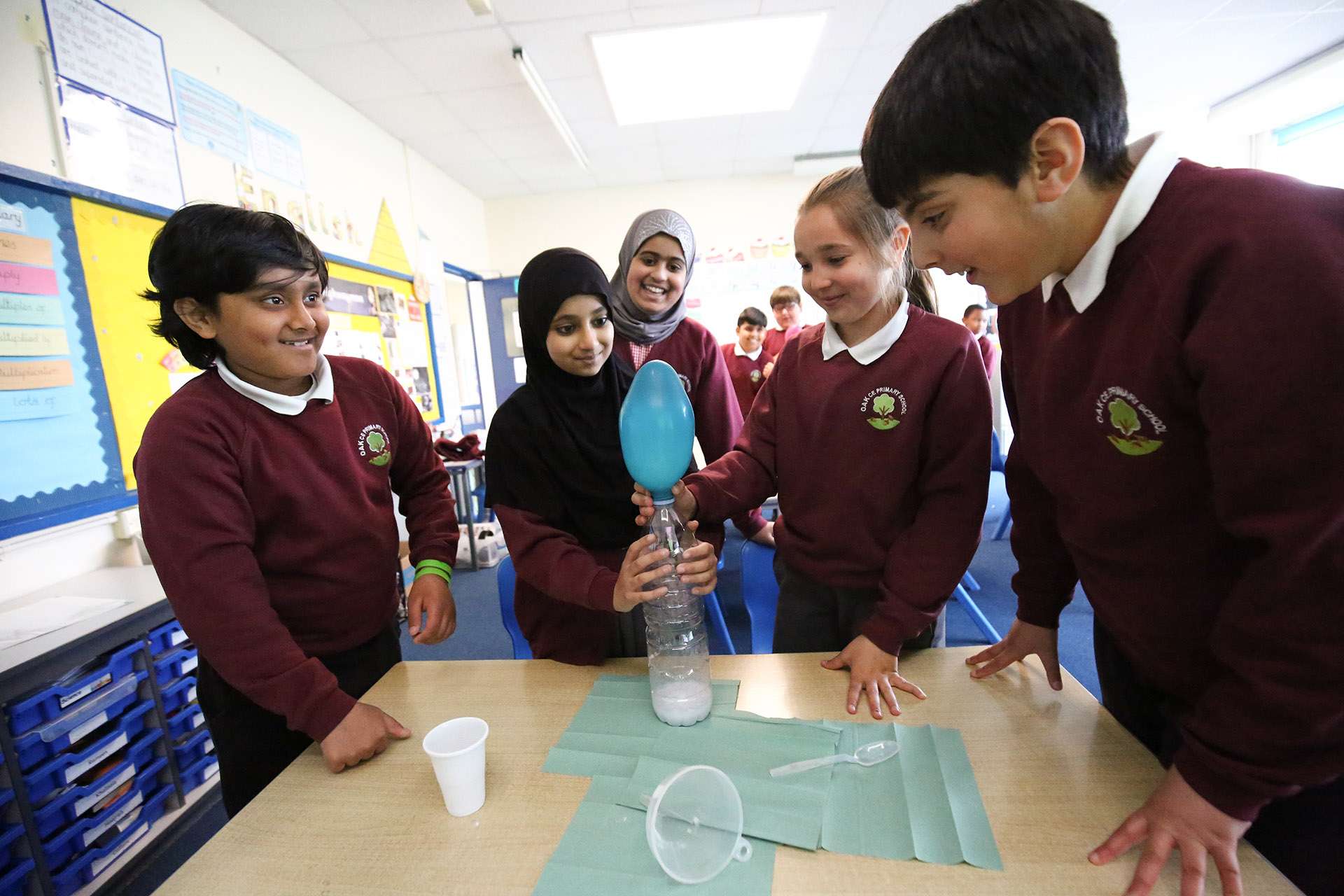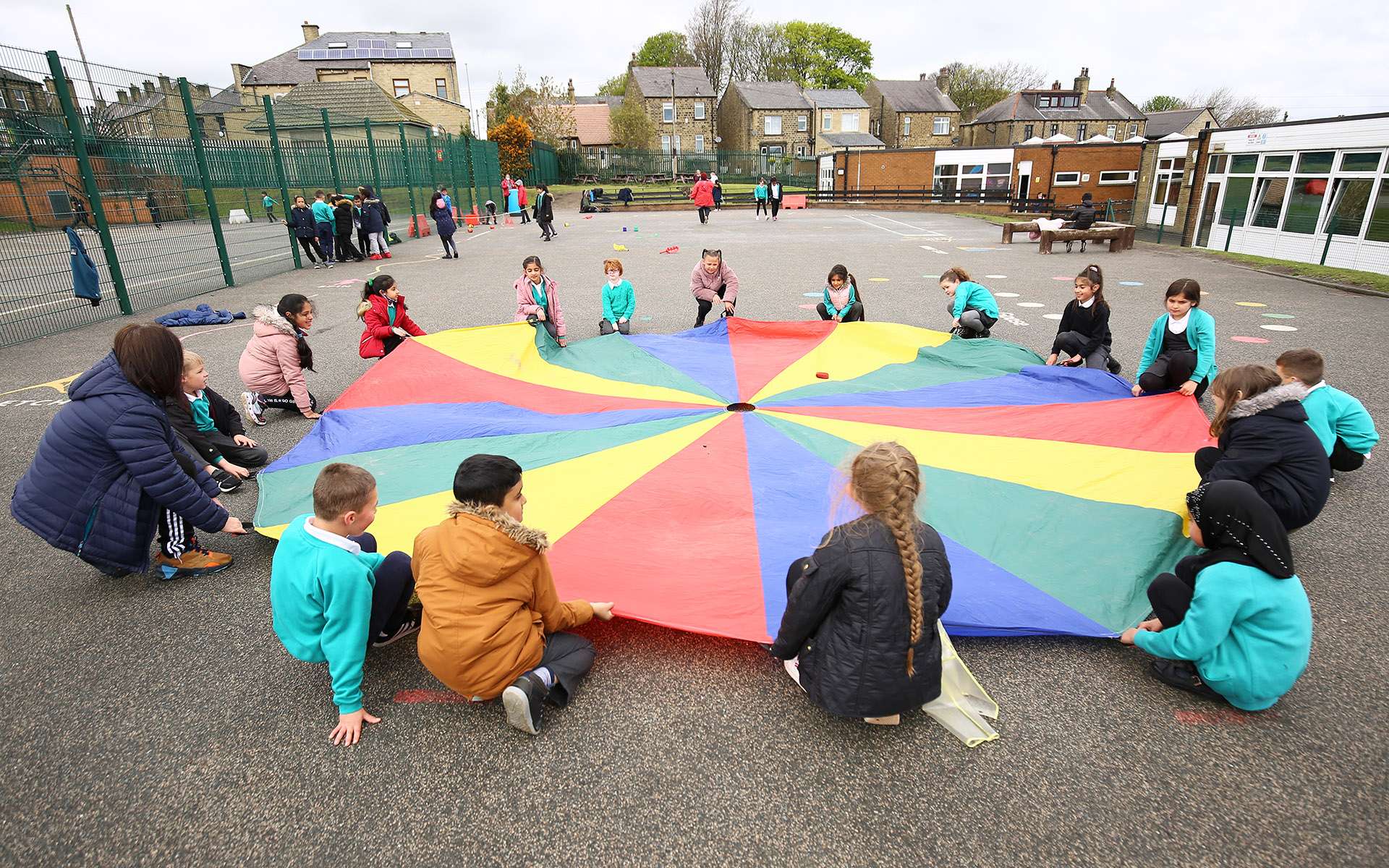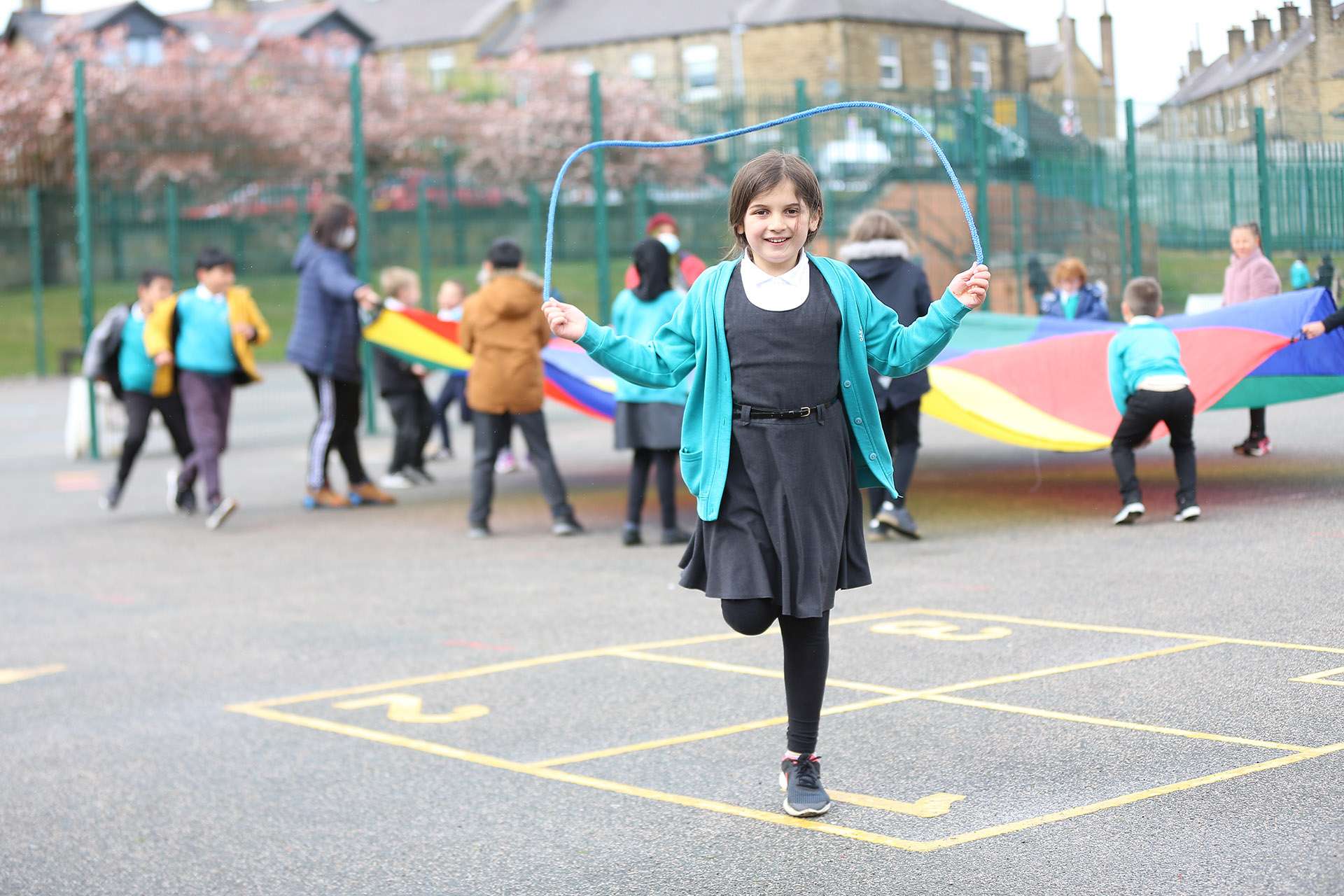A blog by Anna Hackett and Rachel Crawford - Assistant Heads and Oracy Leads Oak C of E Primary School, Huddersfield as they share how they value every voice in the classroom.

As teachers, we know that children don’t always communicate their emotions clearly. They don’t say “I’m feeling overwhelmed, can you break this down for me?”. Indeed, even as adults, we can find it hard to communicate our needs, so it’s not surprising that children are similar. Instead, we might feel students are coming across as defiant, fussy, loud, angry, emotional or demanding.
We saw lots of these types of behaviour in school, but took a new approach to dealing with this. Rather than just taking those behaviours at face value and trying to address them accordingly, we had a think about what was underlying them and what communication skills our students required support with to be able to express their needs effectively.
To do this, we’ve started using an approach we call ‘Oracy Class Profiles’. We start by thinking about each class of students, and how students within that class present themselves in terms of behaviours – are they often nervous, or shy, or hyperactive, or aggressive? Are they easily distracted by peers in the group they’re meant to be working with, or unable to concentrate on their learning?
We would then build an Oracy Class Profile, based on the dominant archetypes in each class. For us, these archetypes might be ‘blurters’, ‘reliant repeaters’, ‘inactive listeners’, ‘lead speakers’, ‘off-topic talkers’. These are not of course official labels, but we’ve developed them as a school, and we’ve found it really helpful to have consistency with terminology when discussing what students need.
Establishing these categories and thinking about which students fall into each is useful, because you can then use these as starting points to think about how to value and support the different voices in class more effectively. For example, if your Oracy Class Profile shows there are a lot of ‘off-topic talkers’ and also ‘inactive listeners’, we can think: what are their barriers to engaging in their learning more closely? How can we tailor our support to each group to give them the tools they need?
We’ve found the Oracy Framework very useful for doing this, and indeed thinking through the needs of different learners. This Framework breaks down oracy skills down into four strands: cognitive, social-emotional, physical and linguistic. As an example, if you have lots of ‘blurters’, you might ask yourself: what aspects of the cognitive strand of oracy might they need to develop? What then are the scaffolds that we could provide that would enable them to present their thoughts more clearly?
In practice, our staff have started to do this using the tools and techniques from the excellent CPD we’ve had with Voice 21 to think about how different ‘talk tactics’ and groupings of students can be helpful with different students. These resources have been invaluable in ensuring the different types of speakers and listeners feel heard, listened to and valued.
We’ve seen a great impact so far. In particular, thinking about students’ differing needs has helped us pair up students to support each other – for example, a more confident and a more shy speaker as ‘oracy partners’. It’s great to see the progress made: a less confident speaker now feeling able to give eye contact in small group discussions, for example, and even recording a speech on video for classmates to see. For those children who’ve previously been extremely shy, it’s fantastic to see how proud they are of what they’ve accomplished and how much more confident they are now using their voice.
This is why teaching oracy skills explicitly matters. If we don’t give children the ability to articulate emotions, express their feelings and communicate effectively in different contexts, we shouldn’t be surprised if we’re seeing negative or disengaged behaviours. Doing this equitably means we need to consider the varying needs of different learners, so that every child is given the tools, confidence or reassurance they need to be able to contribute.
We’re on our journey and we know we’ve still got lots to do, but are confident that we are making great strides in providing an oracy-rich education that is accessible to all learners.


© 2024 Voice 21. Voice 21 is a registered charity in England and Wales. Charity number 1152672 | Company no. 08165798